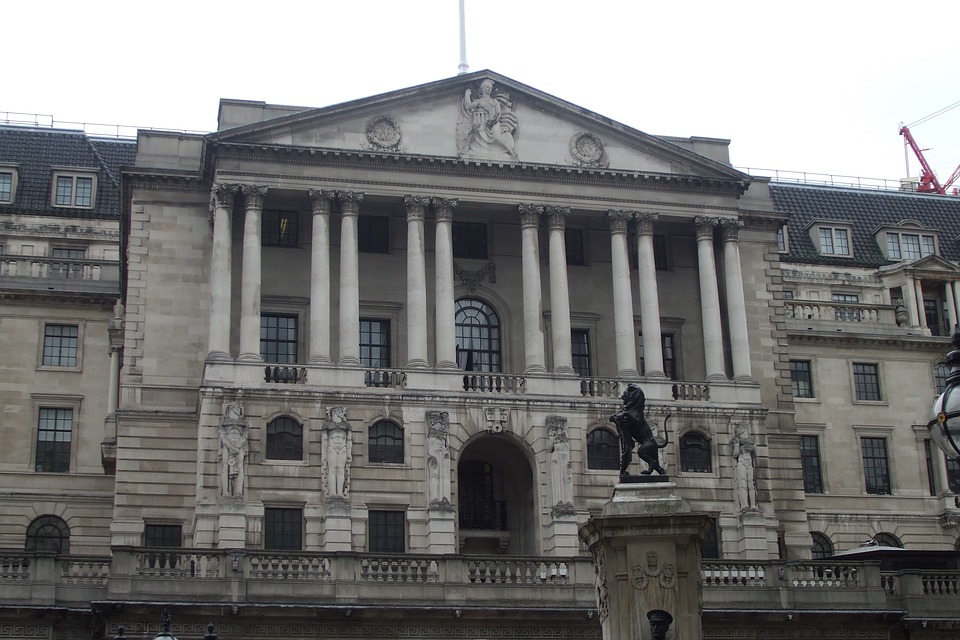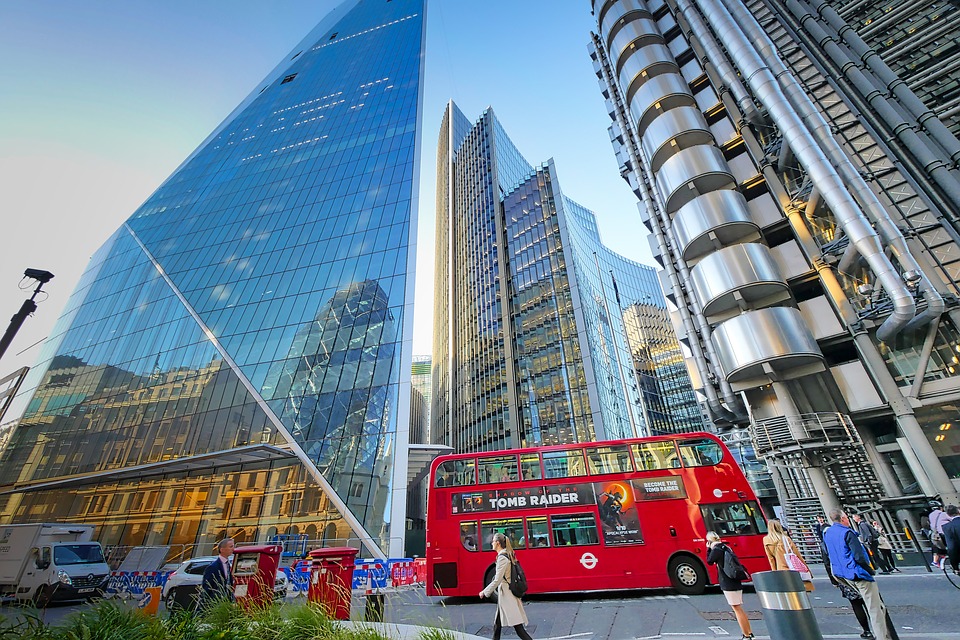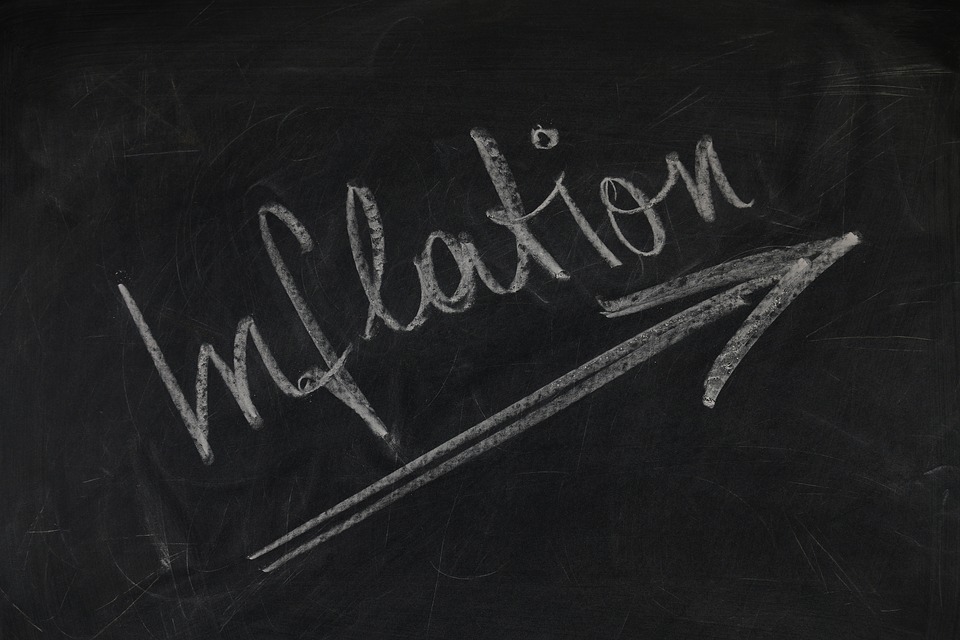A 25 basis point hike in UK rates might not do much for the pound in the short-term, especially when set against the Fed’s more hawkish comments.
What to expect from the Bank of England?
The UK’s Monetary Policy Committee (MPC) is expected to raise rates by 25 basis points to 1%, the highest level in 13 years.
What else might it say?
As with the Federal Reserve (Fed) meeting the previous day, the actual rate hike decision is very much priced into markets at present. The March meeting saw the MPC ease back on some of the hawkish rhetoric, as it assessed the impact on the British economy, the overall plan to tighten rates remains intact.
To find out more about how we can assist you with your Second Charge Mortgage please click here
UK inflation continues to run at a high level, so we should expect further rate hikes later in the year, with 25 basis point moves still the most likely course of action. While this means the pound will remain under pressure vis-à-vis the US dollar, it allows the bank to proceed with its hiking policy without putting too much pressure on the economy, which remains in a weaker position than its US counterpart.
In addition, we will also potentially get more detail on how the bank will begin unwinding some of its balance sheet. The MPC has already said that it will stop reinvesting the proceeds of its bond purchases, but a move to outright selling is still viewed as potentially disruptive, so a tentative timetable may be all we get this time around.
What will happen to the pound?
After the impressive move to the downside since late March, much of the bank’s cautious outlook seems priced in. But as ever GBP/USD is not just about what the Bank of England (BoE) does, but what the Fed is doing too. Here the pound finds itself firmly on the defensive – set against the increasingly hawkish Fed rhetoric, it may struggle to gain traction.
While the BoE plods along with 25 bps increases, the Fed is moving to 50 bps, and some on the Federal Open Market Committee (FOMC) are even calling for 75 bps as a means of getting ahead of inflation. I
n the short-term, there may be little real movement in GBP/USD, unless the Fed is even more hawkish at its upcoming meeting. But the recent run of strength in the dollar seems relatively spent, which provides scope for a counter-trend rally in GBP/USD that could see it head back towards $1.30.
This, however, still favours a bearish outlook, and would give sellers the chance to move on cable once again, but with a better risk-reward outlook in the medium-term than chasing it down at its current level and in the wake of the steep decline of the past four weeks.
By Chris Beauchamp
Source: IG
Discover our Second Charge Mortgage Broker services.






